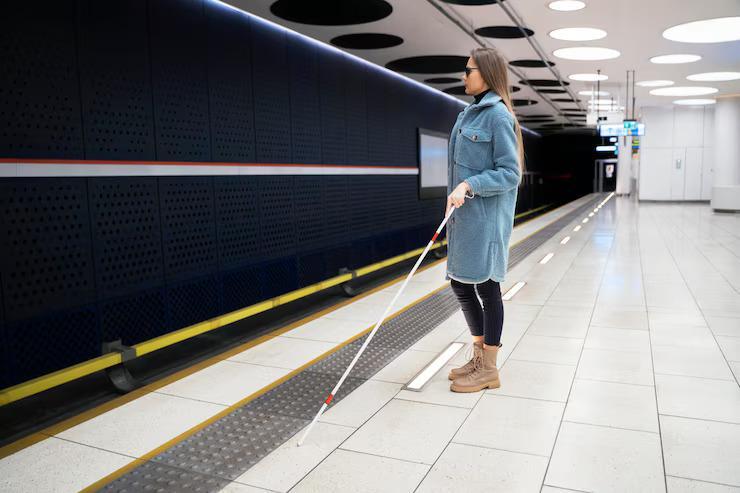
Bengaluru Metro passengers now pay for public toilets
In a move that has sparked controversy, the Bangalore Metro Rail Corporation Limited (BMRCL) has introduced paid access to public toilets at 12 key stations. This development comes as a shock to commuters who are already reeling from a steep fare hike of up to 71%. The new policy has been met with widespread criticism, with many questioning the logic behind charging passengers for a basic facility like public toilets.
Under the new system, toilets in the unpaid or public zones of stations have been handed over to Sulabh International, a non-profit organization that provides sanitation services. Commuters are now required to pay ₹2 for urinals and ₹5 for toilet use. This move is expected to generate revenue for the organization, which will then use the funds to maintain and clean the toilets.
While the intention behind the move may be to maintain cleanliness and hygiene, many commuters are unhappy with the new policy. “It’s ridiculous that we have to pay for something as basic as a toilet,” said a frustrated commuter. “We’re already paying a hefty fare to travel, and now we’re being charged extra for a facility that should be available for free.”
Others have pointed out that the paid toilet system is not a sustainable solution to the problem of maintaining cleanliness in public toilets. “It’s not a viable model,” said a transportation expert. “In the long run, it will only lead to more chaos and confusion. What’s the point of paying for a toilet when you can’t even trust that it will be clean?”
The BMRCL has defended the move, saying that it is necessary to ensure the maintenance and upkeep of the toilets. “We cannot continue to provide free toilets without any revenue stream,” said a spokesperson for the corporation. “The money collected from the paid toilet system will be used to maintain and clean the toilets, ensuring a better experience for our passengers.”
However, many commuters are skeptical about the corporation’s claims. “It’s just a way to milk us for more money,” said a commuter. “They’re already charging us exorbitant fares, and now they’re charging us for something as basic as a toilet. It’s just unacceptable.”
The new policy has also raised questions about the fairness of the system. “Why should only 12 stations have paid toilets?” asked a commuter. “What about the other stations? Are they not important enough to have clean and maintained toilets?”
The BMRCL has promised to expand the paid toilet system to other stations in the future, but for now, passengers at the 12 key stations will have to pay for the privilege of using a toilet. While the corporation may see this as a way to generate revenue, many commuters are left feeling frustrated and disappointed by the new policy.
In conclusion, the introduction of paid access to public toilets at 12 key Bengaluru Metro stations has sparked widespread criticism. While the intention behind the move may be to maintain cleanliness and hygiene, the reality is that it is a regressive step that will only add to the financial burden of commuters. The BMRCL needs to rethink its strategy and find a more sustainable solution to the problem of maintaining cleanliness in public toilets.






